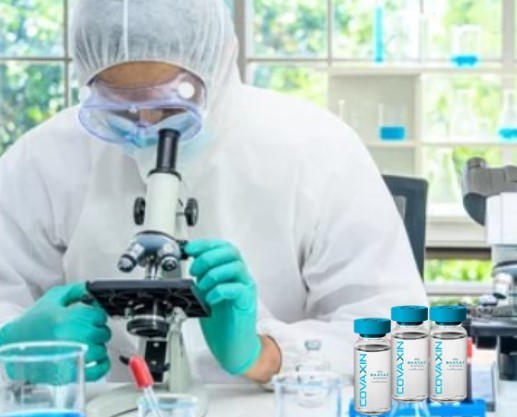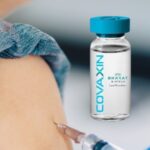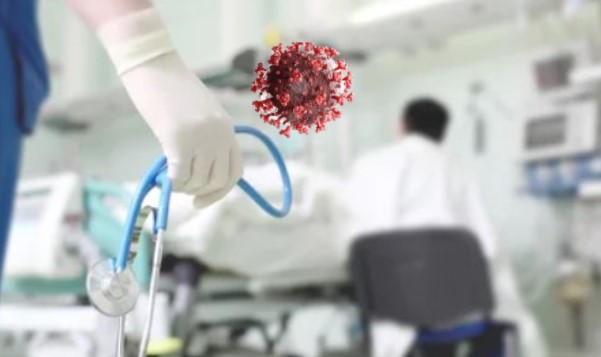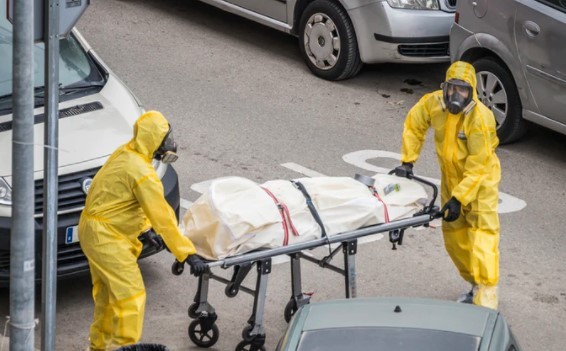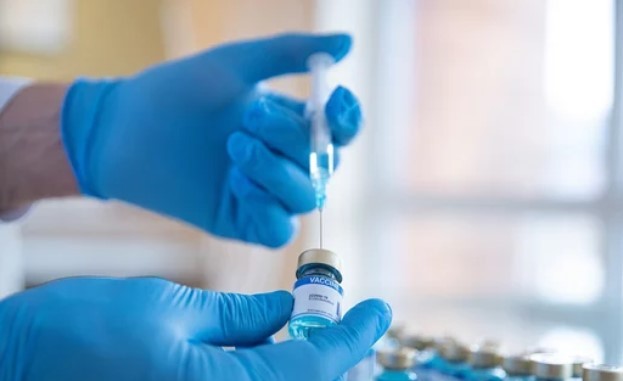In a one of the first real-world studies conducted by AIIMS New Research team to report the estimated effectiveness of COVAXIN against reinfection in a real-world setting, a study published in Jamanetwork establishes two doses of COVAXIN were 86 per cent effective in preventing symptomatic Covid-19 reinfections among healthcare workers in India during the second wave, a study by AIIMS Delhi researchers on healthcare workers at the hospital has found.
First-of-its-kind study in India looked at reinfection rates among 4,978 healthcare workers, who had tested positive for Covid between 3 March 2020 and 18 June 2021.The results of the study were published Friday in the journal JAMA Network Open.
This is the first study for evaluating the effectiveness of vaccines in reducing reinfections among healthcare workers in India.
AIIMS New Research: establishes health workers who received 2 doses of COVAXIN were at lower risk of infection

The research shows that despite the surge of cases in April last year, and the high transmissibility of the Delta variant, healthcare workers who had received two doses of Covaxin were at lower risk of reinfection.
Healthcare workers are at increased risk of SARS-CoV-2 infection as a result of potential occupational exposure. This is one of the reasons why reinfection cases among them are higher.
The research looked at reinfection rates among 4,978 healthcare workers, who had tested positive for SARS-CoV-2 infection between 3 March 2020 and 18 June 2021.
The research team, that included AIIMS director Randeep Guleria, identified 124 cases of reinfection, which is 2.5 per cent of the study group.
In a previous study conducted between 22 January and 7 October 2020, researchers had reported that out of 1,300 healthcare workers in India, 58 (4.5 per cent) had been reinfected with Covid.
The AIIMS study, however, has certain limitations. It was conducted before the emergence of the Omicron variant and was also based on self-reported data.
The AIIMS team found that reinfection risk was highest within the first 180 days of the beginning of its study, after which it went down.
The team attributed this to the immunity induced by natural infection, and then, the vaccination programme, which started for healthcare workers in January 2021.
“We observed that BBV152 (Covaxin) was associated with a good protective effect (86 per cent) against reinfection in the fully vaccinated group,” the team wrote in the study.
However, a similar response was not seen in those who had received just one shot of the vaccine, the study published shows.
The study also noted that healthcare workers in the older age groups had relatively lower risk of reinfection than those younger than 25 years. The team said this is possibly because older patients had more severe infections in the first instance, which gave them a greater immunogenic response and better protection later.
Nurses and resident physicians formed the largest percentage of the workforce that was affected with Covid, and reinfection was also the highest for them, likely due to repeated exposure while caring for Covid patients.
Early studies suggest a primed immune response in Covaxin recipients to booster doses.
However, the team did not find any significant differences in symptoms between first and second infection episodes. Most of those with symptomatic infections had mild disease in the second episode. Only one healthcare worker in the study was reported to have severe symptoms after reinfection.
